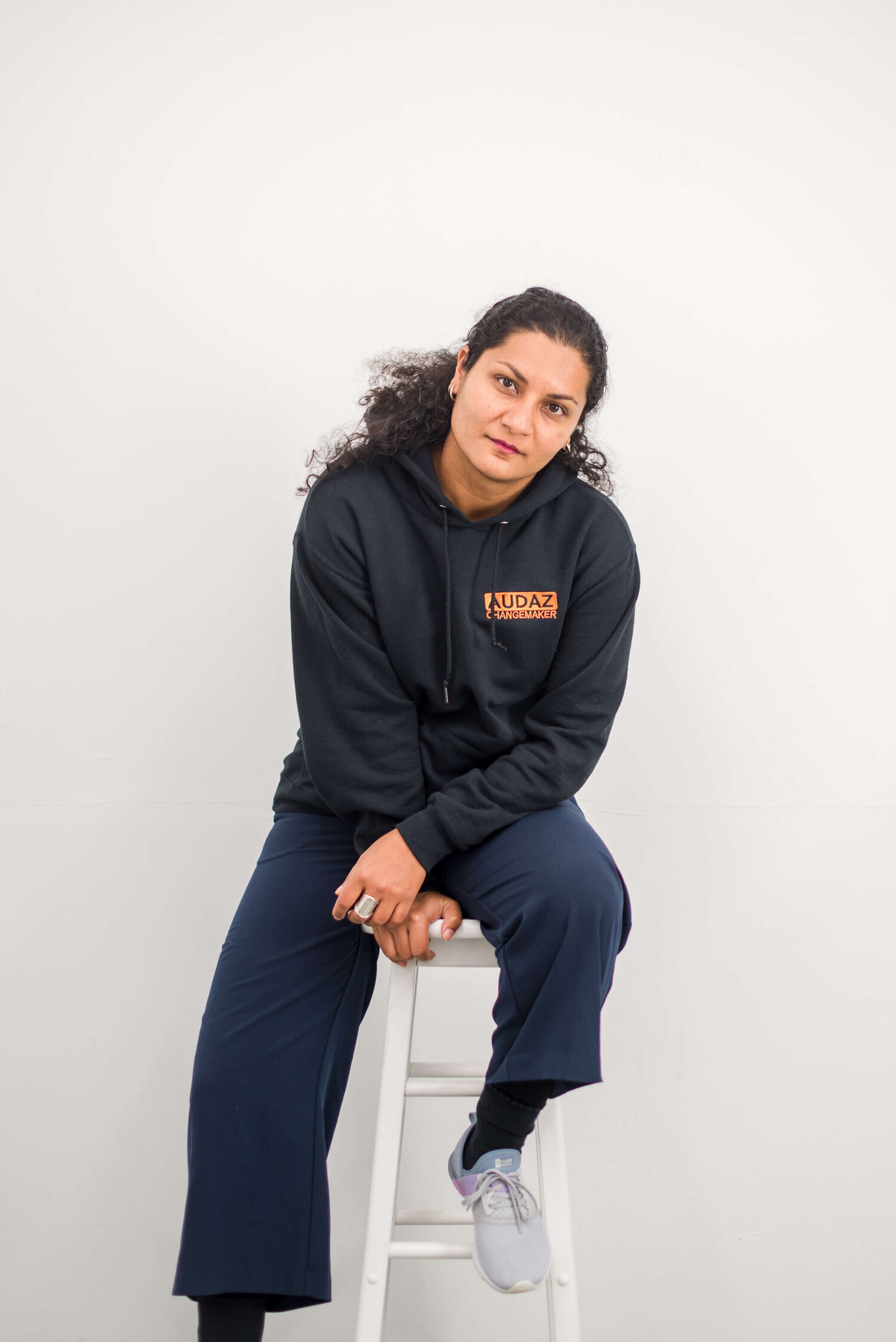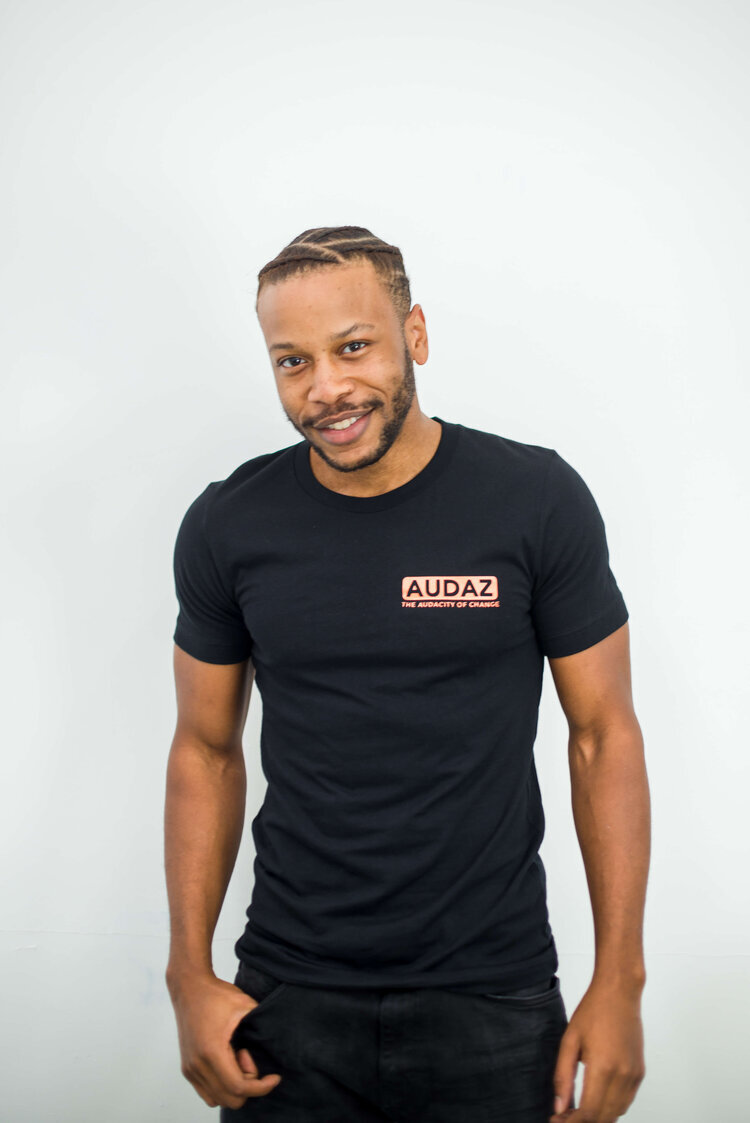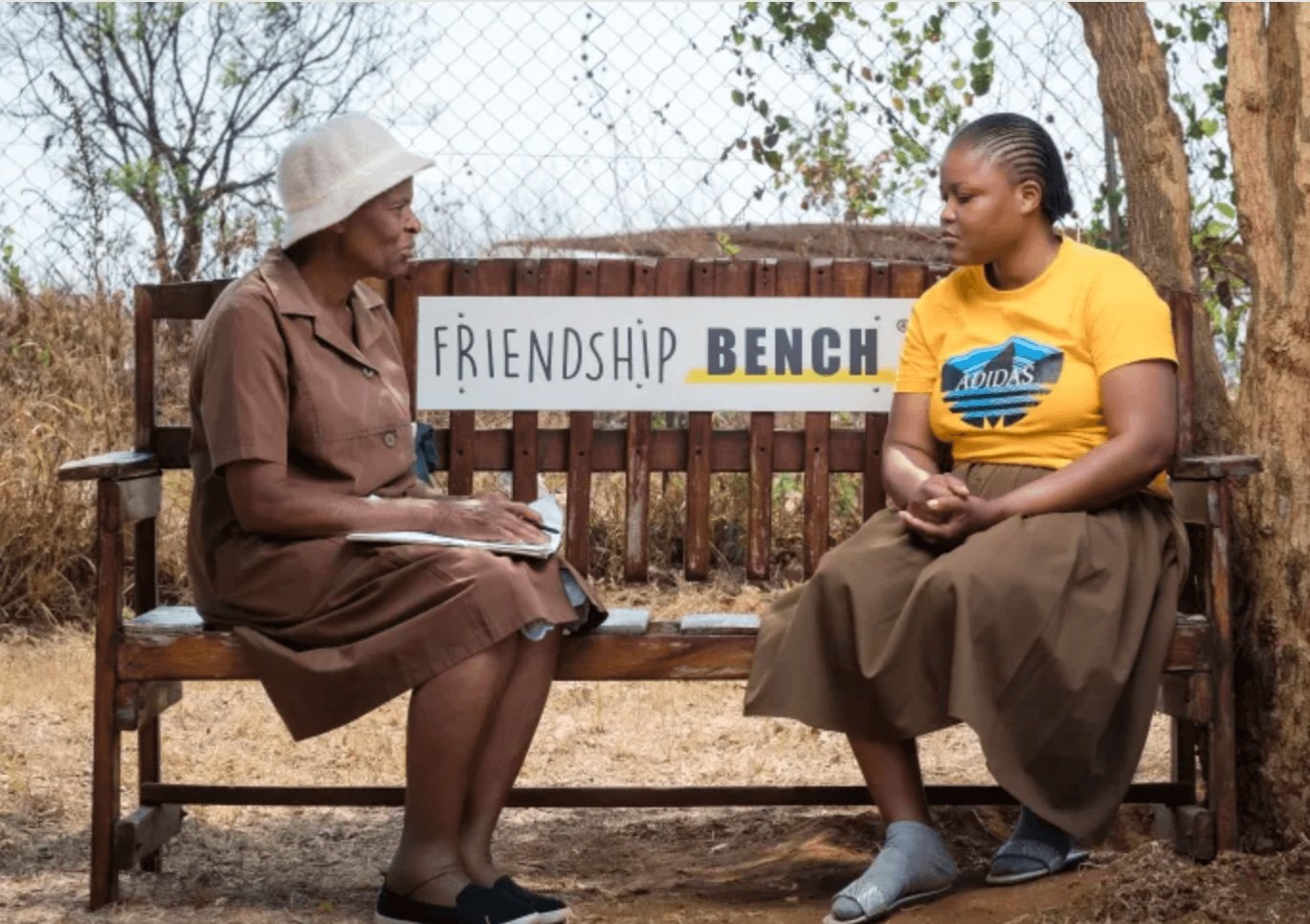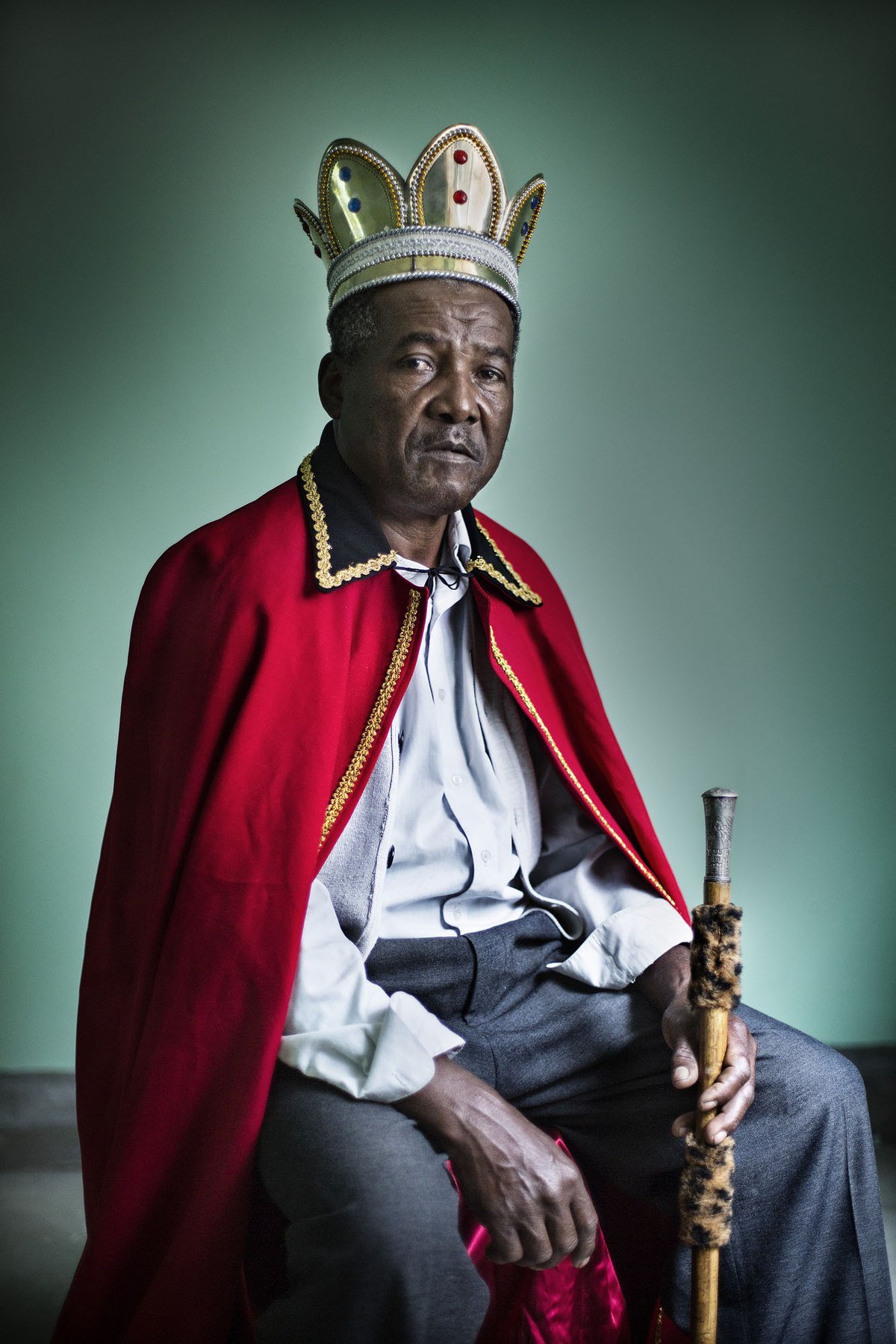Coming to America with a heading back to Africa twist
Photo: Unsplash
Steven Lwendo is a Harvard-educated, tech entrepreneur who took his early love for problem solving as a personal challenge to spearhead innovation on the continent. He is a brilliant mind, born and raised in northern Tanzania, who made it to Harvard with a combination of hard work, academic excellence and an in-built passion for tackling challenges head-on. Steven is one of many young Africans who are making the decision, equipped with skills and experience from the West, to return to the continent and usher in a new age of homegrown change. Audaz’s Muna Moto spoke with Steven about his very own version of coming to America with a heading back to Africa twist. Read the article or listen to the full interview on Audaz Chat.
Muna Moto: Tell us a little bit about your background and where you’re from.
Steven: I grew up in Arusha [Tanzania]. I was born there and I grew up in a small locale known as Makumira. My father was a lecturer at the university. When I was done with my O-levels, I was fortunate enough to get a scholarship to the International School of Moshi, which these days is part of the United World Colleges.
Muna Moto: It is worth saying that all these places you’re describing: Arusha, Moshi - are some of the most beautiful places that exist. They’re green and the temperature is one of the most agreeable anywhere in the world, but certainly in Africa.
Steven: I count myself extremely lucky and blessed to have grown up in those areas. Growing up and going to school in those places was quite a bit of fun!
Muna Moto: And Moshi is at the foot of Mount Kilimanjaro.
Steven: Yes, and for Arusha of course we have Mount Meru, so mountains everywhere.
Muna Moto: I’m actually jealous!
Steven: [laughs] So, after high school I was fortunate to get placed at Harvard University.
Muna Moto: I am sensing here that you’re being very modest. What were your dreams growing up in Arusha going to school in one of the most beautiful places on earth? Were you dreaming of becoming a teacher like your dad, or a doctor, or something else?
Steven: To be honest I never really had a grand dream of something that I wanted to become. I must say though that I was always inspired by my mother who was really into farming. Farming is what we in my family grew up knowing and doing. The best way for me to put it is that the one place where I’m most comfortable, where I feel like I really know my stuff is if you throw me on a farm - just a piece of land where I can grow some maize or beans, this is a place where I feel most comfortable.
Muna Moto: That’s very interesting, for someone who ended up at Harvard.
Steven: I was always inspired by the work we were doing at home, especially by my mother. Beyond that was always the goal to just tackle whatever challenge was next.
Muna Moto: So you’re admitted to Harvard - how do you receive the news, how do you react? Do you realize where you’re going when that happened?
Steven: No! I did not realize where I was going. Actually when we were doing our applications, there was one place where I wanted to go - the only good university I knew of was Yale because I knew this one guy who was there. Sounds really funny now because Yale is Harvard’s kind of arch nemesis. So I made sure Yale was checked as one of the places I wanted to apply to. And I remember our college counselor suggested maybe you should think about this other place called Harvard. I had no clue what it was but I thought okay.
When I received the news, I still didn’t really know quite what had happened. I got into Yale, Harvard and a few other ones. And so I had to pick between one of the two. I remember coming across a webpage that had feedback from students who were then enrolled at Harvard, because I wanted to get the perspective of a student. A lot of the experiences I was reading were saying that it was really tough and difficult.
So actually I ended up writing Yale on one piece of paper and Harvard on another, put them on the floor and spun a pencil and it landed on Harvard. So I thought, okay that looks good.
Muna Moto: You must be the only student in the world to do that to Yale and Harvard!
Steven: [laughs] And I’m very grateful that that pencil landed the way it did. The experience I had at Harvard was incredible. The people I met there, the resources, the learning, the challenges, everything about it was incredibly wonderful.
Muna Moto: Which area did you end up picking to study?
Steven: I studied engineering and sciences with a focus on electrical engineering and computer science for the four years that I was there.
Muna Moto: So you’re at Harvard - it’s a different world but at the same time not really because it’s a green area, a lush campus. You’re not living in Tanzania, but in a way did you find yourself at home?
Steven: There were little pieces of Cambridge or Harvard which would remind me of home. Things like other Tanzanians who were there who I’d pass by randomly and pull out my Swahili. So there were pockets of it that reminded me of home, but most of it was very different. I could never shake off the feeling that this place was foreign - that I was foreign to this place.
Muna Moto: I want to touch on your motivation. So you’ve just spent four years at Harvard, studying at one of the most promising and difficult domains to get into so you can find a well paid job literally anywhere. When and why did you decide to go back?
Steven: [After I graduated] I spent about a year and half working at the Harvard School of Public Health as a research assistant doing a lot of data work. At the end of the 18 months, I was fortunate enough to get connected to a project that was happening in Tanzania. They were looking for someone to help them with management of their data. Naturally I hear Tanzania and I get very excited! I learned about the project and knew that this was a chance to not just do incredible work but also to travel back to Tanzania. So I jumped on it - I came here and I decided, I think it’s a pretty good idea to stay here.
Muna Moto: It’s that straightforward! That’s impressive.
But I want you to explain a little bit more because people don’t get that narrative a lot, especially from young Africans - saying “hey you know what, I think I’m going home.” So once you were back in Tanzania, what made you think this is a place where I could do this and it’ll be worth it?
Steven: The driver behind my staying - I wasn’t looking at it from a business perspective. The early work that I did [in Cambridge] involved field data, but sitting in the office. The researchers would be using this data for papers they’re writing or analysis. And I was the middleman where sometimes the data that comes from the field had errors and so it had to be processed so that it’s usable for analysis.
When I traveled to Tanzania...for me the exciting bit was I moved from doing postmortem investigation on data, figuring out what went wrong, into being present in real time as errors happen and so you can solve the problems on the spot.
Muna Moto: You can fix the problems at the root.
Steven: Yes! This was very exciting for me. Being in the moment, detecting issues and fixing them in real time while you’re out there in places where the technology hadn’t penetrated that far. That was the main drive for me for why I wanted to stay. I saw that this is just exciting work.
***
SHOP THE CHANGEMAKER COLLECTION


















